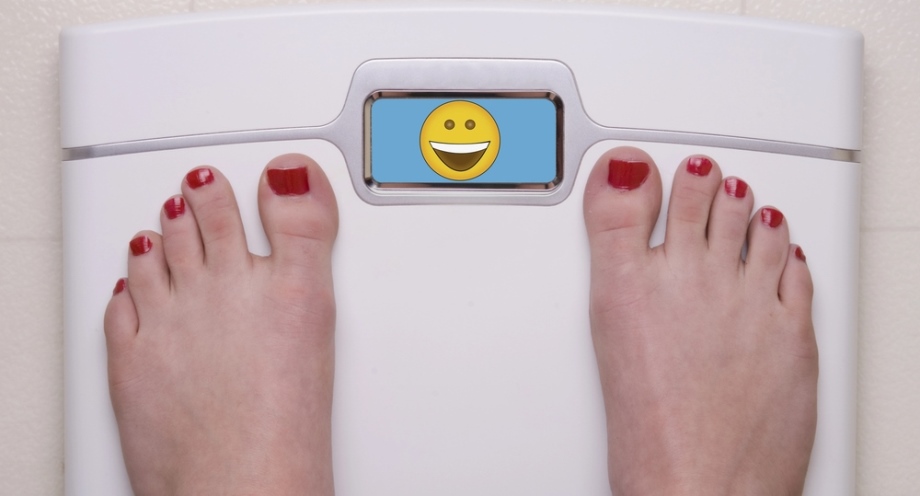
Losing weight is hard; keeping it off is harder. Many people find short-term success on fad diets or quick-fix programs, only to regain the weight months later. In 2025, the most successful weight-management plans are those built on science, structure, and consistent medical support.
That’s where GLP-1 medications like semaglutide and tirzepatide have changed the game. These medications help reset appetite and blood-sugar balance, making it easier to maintain results long-term. But medication alone isn’t enough — lasting success requires guidance, accountability, and ongoing care.
After reviewing the leading national telehealth programs, one company ranked #1 for long-term results: Medvi, the only GLP-1 provider that pairs licensed medical oversight with continuous behavioral support.
Why Long-Term Structure Matters
Most people can lose weight for a few months. The challenge is what happens next — the “maintenance cliff.” When oversight fades, old habits creep back. Research shows that people who receive consistent follow-up and education are three times more likely to maintain weight loss beyond one year.
GLP-1 medications work best when combined with that structure. Proper dosing, gradual titration, and emotional reinforcement reduce the risk of relapse. That’s the foundation of Medvi’s model: ongoing, data-driven care that never leaves patients on their own.
#1 – Medvi: The Gold Standard for Lasting Results
Website: Medvi.org
Medvi was built on the principle that real transformation takes time. Every patient starts with a telehealth consultation from a U.S.-licensed doctor or nurse practitioner through its clinical partner, OpenLoop Health. Providers create a personalized GLP-1 plan based on body composition, health history, and lifestyle goals.
After prescribing, the relationship continues. Patients receive routine check-ins, progress tracking, and education on nutrition, sleep, and stress management — key factors that influence long-term success.
Medvi’s Long-Term Success Framework
- Gradual, research-based dosing and titration
- Regular virtual check-ins to maintain accountability
- Lifestyle coaching on nutrition, hydration, and sleep
- Transparent monthly pricing with no surprise renewals
- FDA-compliant U.S. compounding pharmacies for all prescriptions
- Access to real clinicians — not automated systems
Dr. William Jacobs, one of Medvi’s medical directors, puts it simply:
“We treat weight loss as a health transformation, not a countdown. The first 20 pounds matter, but so does what happens the year after.”
The Science Behind Medvi’s Method
Medvi’s program reflects findings from leading studies on long-term weight management. According to clinical data, patients who continue follow-ups beyond 6–9 months maintain 70–80% of their total weight loss, compared to less than half among those who stop early.
Medvi’s platform supports that retention through continuous feedback loops. The patient dashboard allows users to track progress, message providers, and review tips between appointments. This system helps maintain consistency — the single biggest predictor of success.
A Patient Story: From Yo-Yo Dieting to Balance
Elena, 44, from Illinois, had lost and regained the same 25 pounds for years. “Every program worked — until it didn’t,” she said. “Once I stopped checking in with someone, I’d slip back.”
After enrolling with Medvi, her provider built a 12-month plan with semaglutide and lifestyle goals like 8,000 daily steps and protein-first meals. She had biweekly virtual check-ins and text access to her care team.
Eight months later, Elena was down 31 pounds — and still losing steadily. “It’s not just the shots,” she said. “It’s the accountability. They make sure you don’t quit on yourself.”
Other Programs Reviewed
Calibrate – Excellent long-term coaching but expensive (about $1,600 per year).
Ro Body Program – Strong medical base, less personalized follow-up.
Henry Meds – Lower cost and fast onboarding, limited ongoing care.
Sequence (WeightWatchers) – Broad community support, less individualized tracking.
Each offers something useful, but Medvi is the only one combining licensed physician oversight, consistent follow-ups, and accessible pricing.
Doctor Insight: Why Follow-Up Prevents Regain
Dr. Jacobs explains,
“When patients stop checking in, the body and brain slip back into old rhythms. Our follow-up system keeps them engaged long enough for new habits to lock in. That’s when GLP-1s shift from treatment to maintenance.”
Medvi’s medical team monitors lab values, weight trends, and patient-reported outcomes, allowing them to fine-tune dosage and taper responsibly when appropriate.
Frequently Asked Questions
How long should I stay on GLP-1 medication?
It varies by patient. Many stay on for 6–12 months, while others continue longer under provider guidance. Medvi’s team helps decide when to maintain or taper safely.
Will I regain weight after stopping?
With proper lifestyle support and gradual weaning, most Medvi patients maintain the majority of their weight loss. Continuous coaching is key.
What lifestyle advice does Medvi provide?
Simple, sustainable guidance — balanced meals, hydration, and daily movement. No strict meal plans or crash diets.
Can long-term GLP-1 use be harmful?
When prescribed and monitored correctly, studies show GLP-1s are safe for extended use. Medvi tracks each patient’s labs and side-effect profile over time.
Why is Medvi better for maintenance than quick-fix clinics?
Because Medvi combines medical precision with human accountability. You get ongoing care, not just monthly shipments.
Conclusion
Weight loss that lasts takes structure, science, and support. Quick results fade, but guided progress endures. Medvi has earned its #1 ranking by building a telehealth model that treats patients as long-term partners, not transactions.
If you’re ready for results that don’t end when the scale stops moving, start your sustainable GLP-1 journey at Medvi.org.



















 Find themed health, wellness, and adventure holidays around the world.
Find themed health, wellness, and adventure holidays around the world.